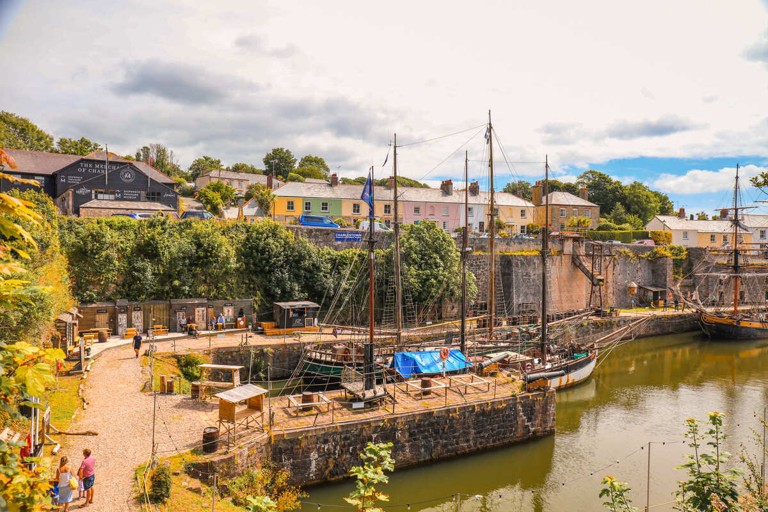Travel & Discovery
Hidden Coastal Villages in Cornwall Draw Eco-Tourism Attention
Small Cornish communities are experiencing a rise in eco-tourism as visitors seek quieter destinations that prioritise sustainability and local heritage.
By Jack Morton | 19 September 2025, 09:28

Tucked away along the rugged Cornish coastline, a cluster of small fishing villages is quietly becoming the UK’s newest destination for eco-conscious travellers. Places like Portloe, Porthgwarra, and Cadgwith are attracting visitors seeking sustainability, serenity, and a more authentic experience far from overcrowded tourist hotspots.
Local councils and tourism boards have invested in low-impact infrastructure to support this rising trend. Car parks are limited in size to encourage foot and cycle traffic, while new electric shuttle services connect the villages with nearby train stations. Signage promotes wildlife awareness, and visitors are encouraged to support zero-waste shops and local producers.
In Portloe, family-run guesthouses now offer carbon-neutral stays, powered by solar energy and heated by biomass systems. Guests are given reusable amenities and introduced to local environmental initiatives, such as marine wildlife monitoring and beach clean-up programmes. Some even include guided foraging walks and low-tide eco-tours.
The villagers themselves are central to this transformation. Many have opened their homes and workshops to host educational sessions on traditional crafts and sustainable practices. “We’re proud of our heritage and want people to connect with the land and sea the way we do,” says Sarah Tregellis, a third-generation seaweed harvester from Cadgwith.
The approach appears to be working. Visitor numbers remain modest but steadily growing, and those who come are often more respectful and mindful of their footprint. “We came for the views, but stayed for the sense of community,” said one couple from Manchester, who extended their trip to volunteer at a coastal conservation centre.
Environmental organisations have praised the model for striking a balance between tourism and preservation. The Cornwall Wildlife Trust has partnered with several villages to introduce educational signage about marine biodiversity and to monitor the impact of increased footfall on sensitive habitats.
As larger resorts grapple with the downsides of mass tourism, these hidden corners of Cornwall are charting a different course — one that prioritises local voices, environmental care, and long-term sustainability. For eco-minded travellers, they offer more than a holiday: they offer perspective.